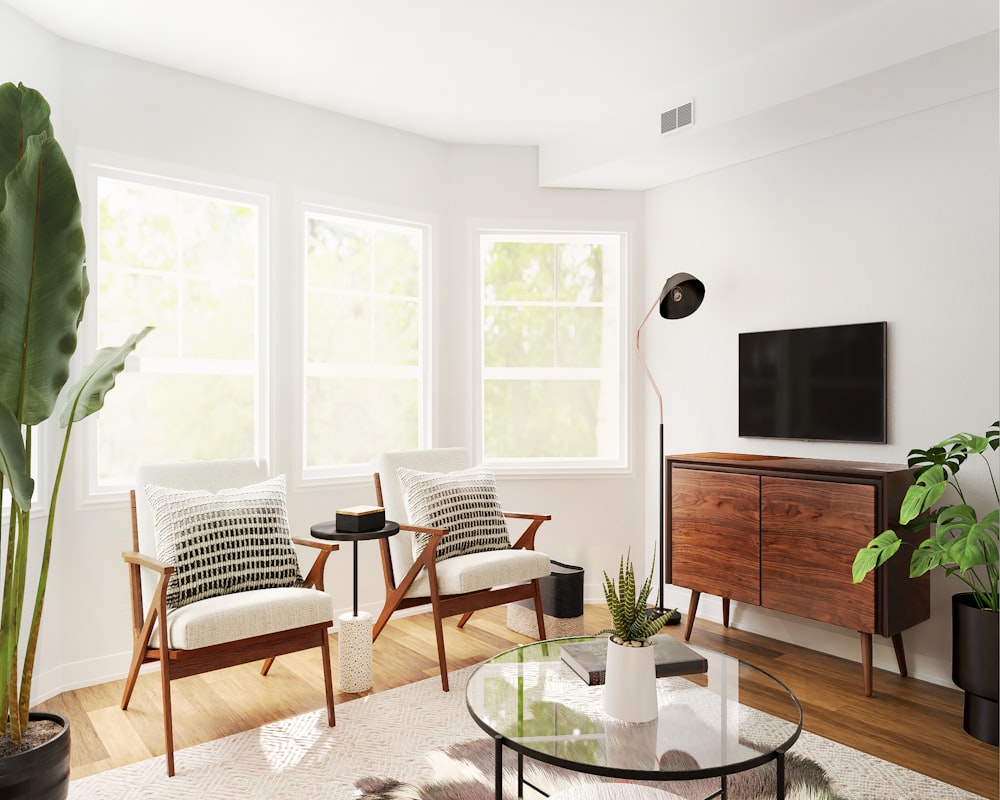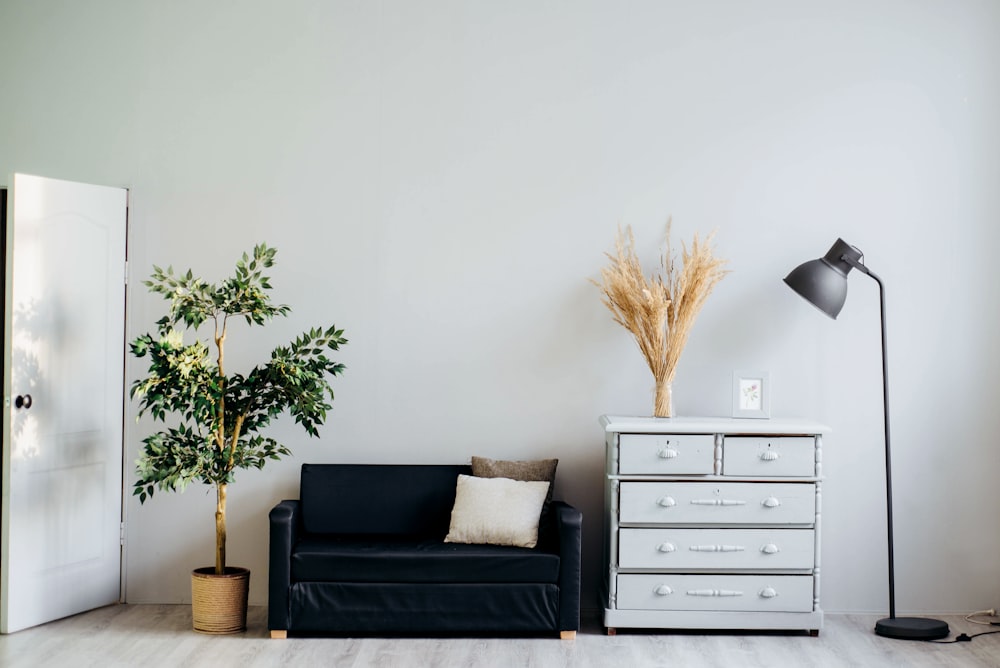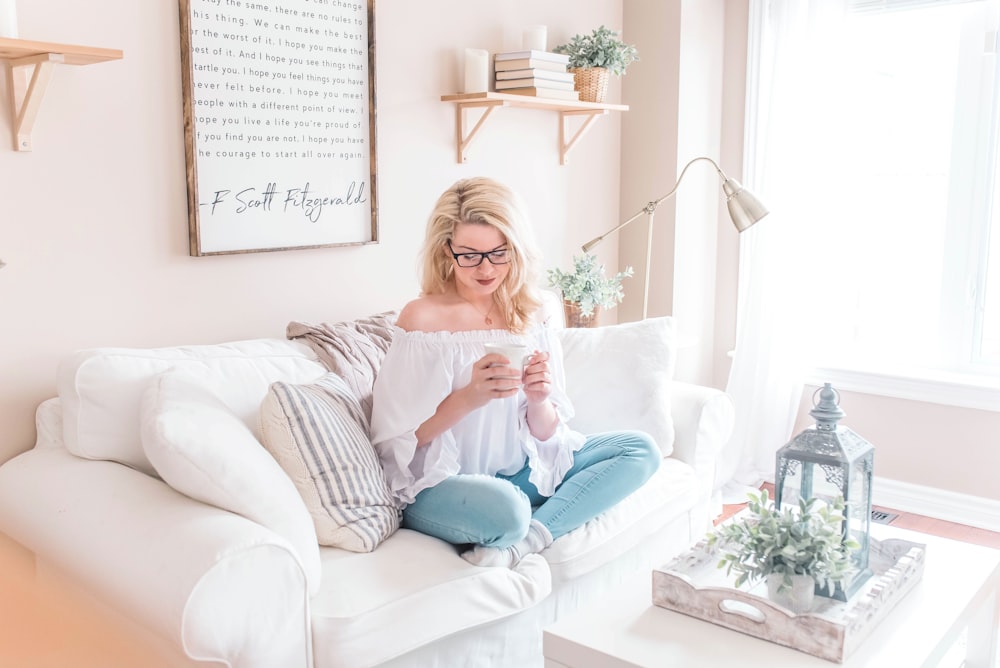One of the most sensible ways to improve your diet and give yourself a fun an interesting hobby is to plant an organic garden. It does, in order to grow, though. This can make you wondering where to start when it comes to organic garden.
If you want to start a small organic garden indoors, you should bear in mind that certain plants require more sunlight than others. If your apartment or home does not receive a huge amount of sunlight, a plant that requires little sunlight will be more comfortable and healthy. You could also try using artificial lighting to help.
When your seeds sprout, they can survive in somewhat cooler temperatures. Keep a close watch on your seeds to know when you should do this.
Make sure you work in your garden. Don’t waste thirty minutes searching for a tool. Prepare them all ahead of time and have them handy before you need to garden, and put them away nicely when you are done. If you use lots of tools, purchase a tool belt or heavy duty pants with plenty of pockets.
Pine is a mulch than you might think. Cover soil beds with a few inches of pine needles, they will release acid into the soil and nourish your plants.
Spacing is one important factor to consider when planting your garden.It can be easy to underestimate the amount of space that the plants will need once they start to grow. Plan accordingly and leave enough space between the seeds.
Spent Flowers
Your compost pile should contain green plants and dry plant materials.Green plant material consists of spent flowers, weeds, spent flowers, weeds, and leaves. Dried plant material includes straw, cardboard, sawdust, straw, and dried and cut-up woody material. Avoid ashes, meat, diseased plants and meat-eating animal manure.
Create a raised bed for your garden out of stone, brick or untreated wood.Choose wood that is resistant to rot and is untreated. The best varieties include cedar, locust and cedar woods. In a veggie garden, avoid using treated wood to enclose or demarcate different sections of your vegetable garden. If your existing garden structure contains treated wood, line it with some plastic and replace the soil near it.
Organic gardening can be more difficult than gardening with chemicals, but the payoff in the end is well worth the work. While chemical pesticides and fertilizers may claim to do great things for your garden, growing organically is the most rewarding option for you and those who consume your crops.
You may be able to skip watering for an entire day if rain is on the pending weather.
One thing that is organic gardening apart from conventional gardening is that commercial pesticides are not used. This is great for your health, but it does mean you have to be extra vigilant about checking for pest infestations.
The bulbs are ready to harvest when the green tops start to turn brown.
Research botanical insecticides that can be purchased locally to aid in deterring the pest population.Natural insecticides can sometimes kill pests more powerfully than ones that have chemicals in them. However, due to their biological makeup, which makes them disappear more quickly.
A successful organic garden is the result of hard work and a good understanding of the principles involved. It is very true, as well, that to see results, you must stick with it. Use the tips presented here, along with some ideas of your own, and you can be a thriving organic gardener in no time.









